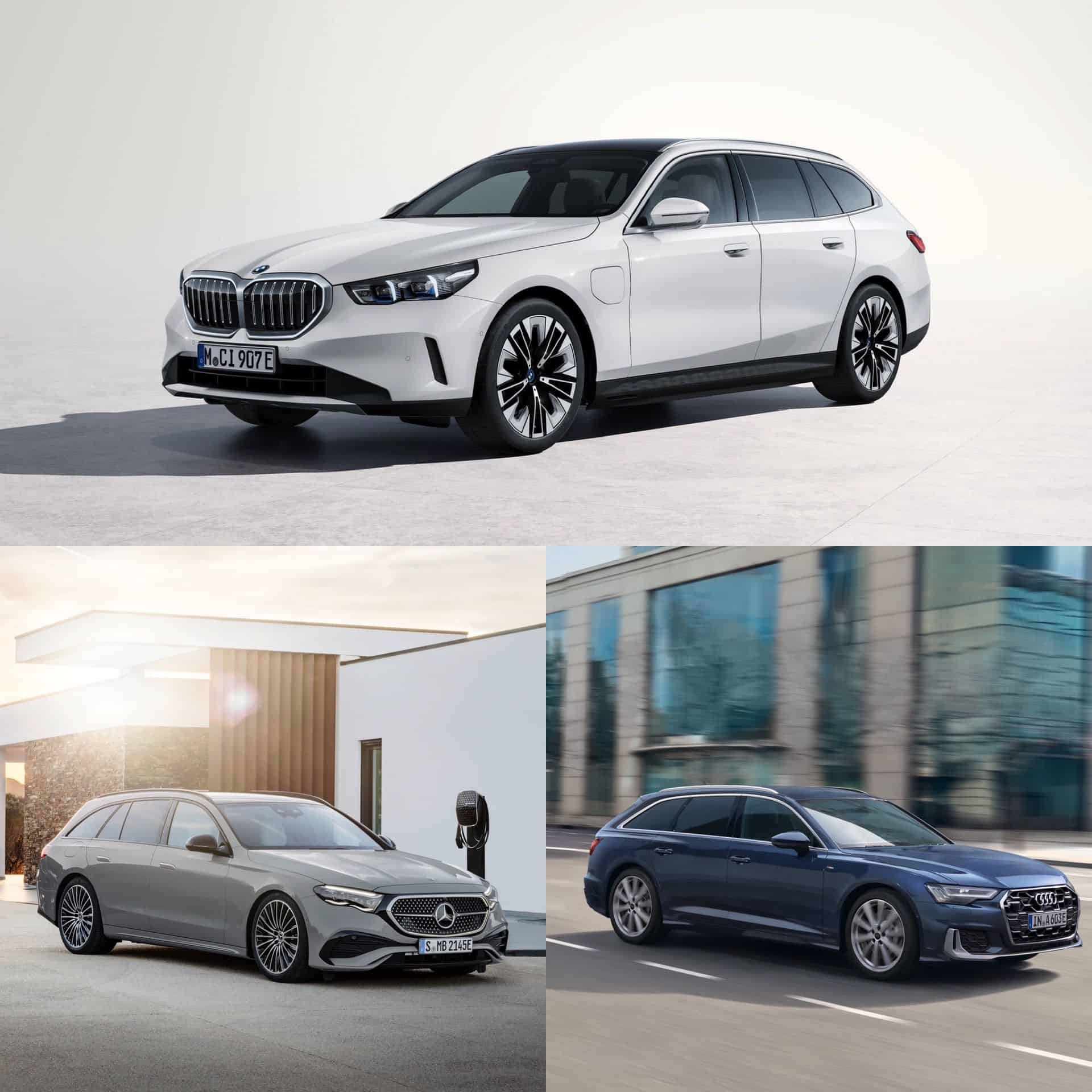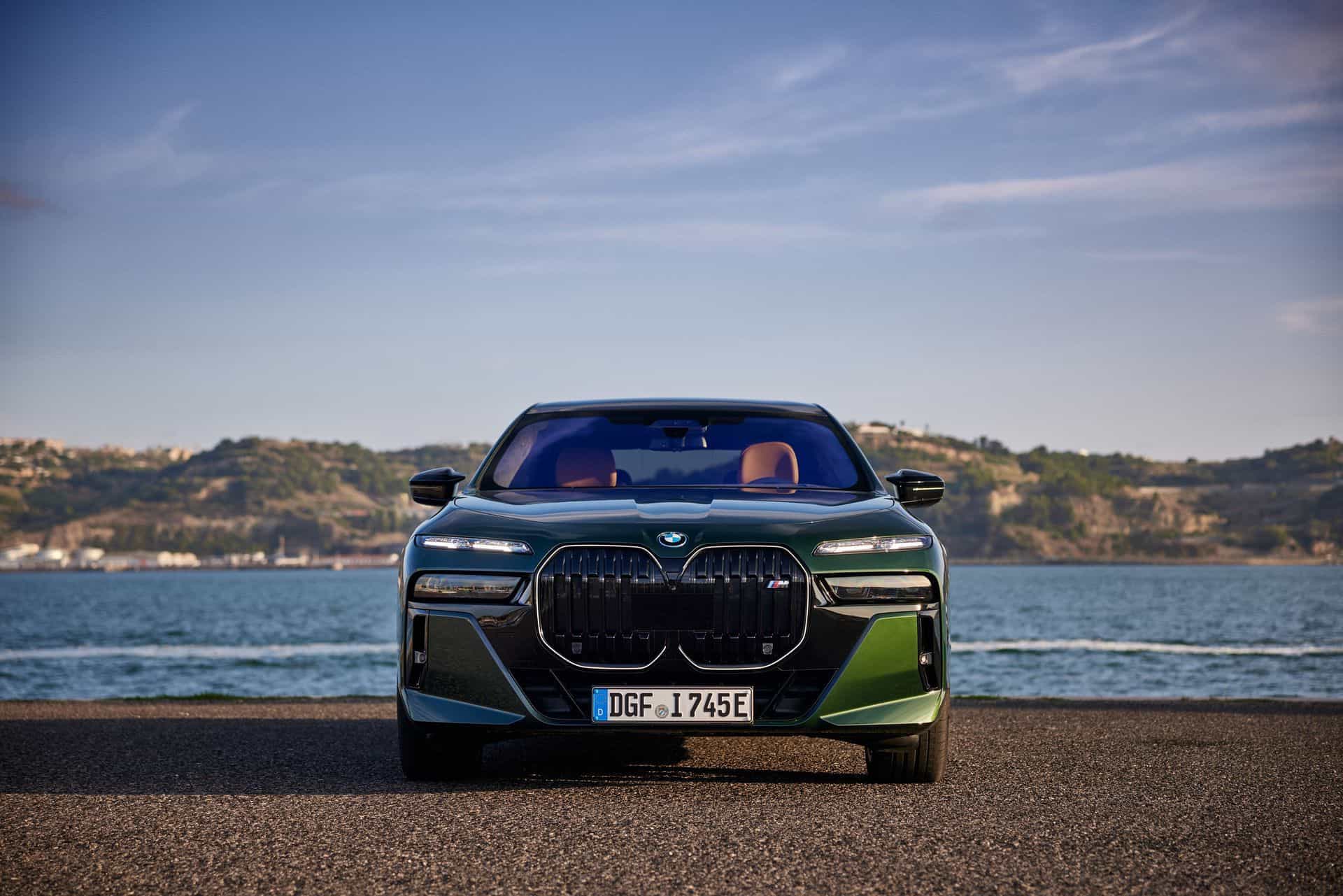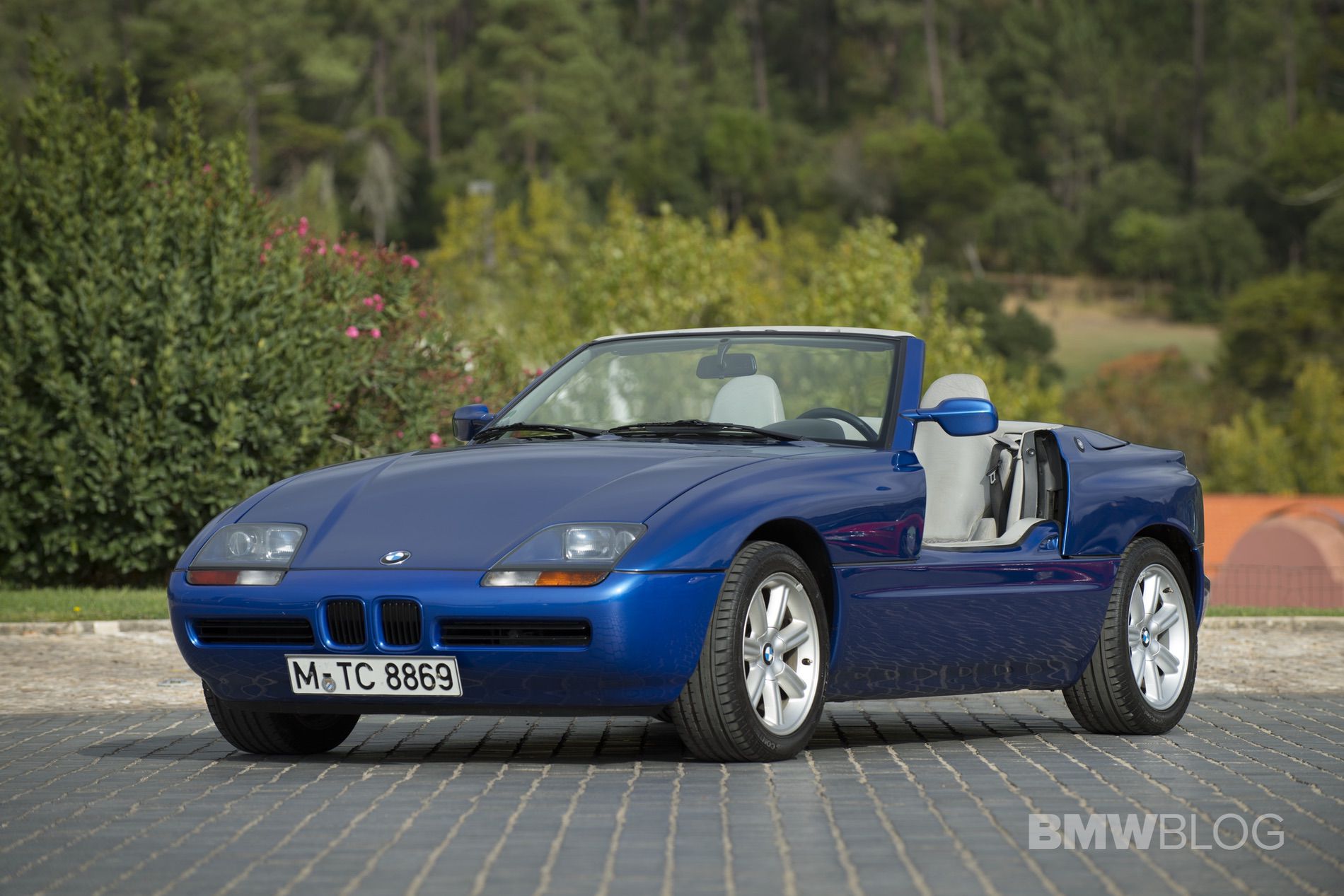BMW has officially claimed the premium crown in its home market of Germany—at least when commercial vehicles are excluded. According to the latest figures from the Kraftfahrt-Bundesamt (Federal Motor Transport Authority, KBA), BMW recorded 119,084 new registrations in the first half of 2025. On paper, Mercedes-Benz appears to maintain the lead with 126,964 registrations, but that figure includes thousands of commercial vehicles like the Citan, Vito, Sprinter, and various heavy-duty trucks.
When focusing solely on premium passenger cars, BMW pulls ahead, while Mercedes falls to 114,126 units, even when including the V-Class—a model that blurs the line between commercial van and luxury people mover. Audi maintained a stable position in the German market during the first half of 2025, delivering approximately 103,000 vehicles. While that marks a slight decrease compared to the same period in 2024, overall demand remained relatively consistent.
A Turning Point in the Premium Segment?
The data reflects more than just a statistical anomaly. For years, BMW has been the global leader in premium vehicle sales, reclaiming that position in 2021 and holding it steadily since. But in Germany, Mercedes-Benz had managed to retain its domestic advantage—until now. Whether this signals a lasting change or simply a mid-year deviation remains to be seen. Market leadership among Germany’s big three—BMW, Mercedes, and Audi—has always been a close and shifting contest. However, BMW’s domestic win is notable, especially given the symbolic importance of a brand’s performance in its home country.
The Electric Factor
A key piece of BMW’s recent success lies in its performance in the electric vehicle segment. In the first half of 2025, BMW not only led all premium brands in EV registrations but also outpaced every mass-market brand except Volkswagen. That’s a remarkable achievement for a luxury automaker and underscores the brand’s momentum as it prepares to roll out its next-generation Neue Klasse electric vehicles starting in 2026.
Still, competition is heating up. Audi’s electric sales have grown significantly this year, showing that the EV segment remains fluid. The introduction of new models, pricing strategies, and customer response to emerging platforms like BMW’s Neue Klasse will all play decisive roles going forward. [Via BimmerToday]

























































